A Real Estate CRM (Customer Relationship Management) is a powerful tool that helps real estate agents manage their clients and listings more effectively.
Think of it as a digital assistant that keeps track of important information, like client details, property listings, and follow-up reminders.
It means less stress and more time to focus on selling homes. Whether you’re a new agent or an experienced pro, the best real estate CRM can solve your biggest client management problems.
The Importance of Client Management in Real Estate
In the real estate business, client relationships are everything. Managing multiple leads, buyers, and sellers can be difficult without the right tools.
Keeping up with client information, responding quickly to inquiries, and maintaining regular follow-up can make the difference between closing a deal and losing a client.
A Real Estate CRM is designed specifically to help real estate professionals handle these tasks efficiently.
What is a Real Estate CRM?
A Real Estate CRM is a software tool that helps agents and brokers manage their relationships with clients.
In simple terms, it allows you to:
– Store contact information for all your clients and leads.
– Track conversations and interactions with clients.
– Schedule tasks and reminders for follow-ups.
– Automate repetitive tasks like sending emails or newsletters.
– Analyze client data to understand their preferences and needs.
How Does a Real Estate CRM Solve Client Management Problems?
Now that you know what CRM is, let’s look at how it can solve some of the biggest client management problems in real estate.
Problem 1: Keeping Track of Leads and Clients
As a real estate agent, you may have dozens or even hundreds of leads in the buying or selling process. Without a system, it’s easy to lose track of who you’ve contacted and who needs a follow-up.
Solution: Top real estate CRM helps you organize all your leads and clients in one place. You can quickly see who needs a follow-up, who’s ready to make an offer, and who’s just looking. The CRM will remind you when it’s time to reach out to clients so you never miss an opportunity.
Problem 2: Missing Follow-Ups
Follow-ups are crucial in real estate. Sometimes, clients aren’t ready to make a decision right away, and it’s important to stay in touch. Without reminders, it’s easy to forget to follow up.
Solution: With a property management CRM, you can set automatic reminders for follow-ups. The system will notify you when it’s time to send an email or make a phone call. It ensures that you always stay on top of your leads and never miss an opportunity to close a deal.
Problem 3: Managing Multiple Deals at Once
Handling multiple buyers, sellers, and properties at the same time can be tricky. Without a clear system, it’s easy to mix up details or forget important information.
Solution: A real estate client relationship management tool helps you manage multiple deals without confusion. It keeps track of each client’s details, preferences, and progress in the buying or selling process. You can easily switch between clients and stay updated on the status of each deal.
Problem 4: Communicating Effectively with Clients
Clients expect quick responses and personalized communication. Managing phone calls, emails, and texts can make it hard to keep up with client communication.
Solution: CRM for real estate agents can automate much of your communication. For example, you can set up automated email templates for new listings or updates on the market. It helps you stay in touch with clients without spending hours crafting individual emails. Additionally, the CRM will keep a record of all your interactions. So you always know what you’ve discussed with each client.
Problem 5: Time Management
Real estate brokers have a lot of responsibilities, from showing properties to negotiating deals. Managing your time effectively is critical to staying productive.
Solution: A CRM helps you prioritize your tasks and manage your time better. You can use it to schedule showings, follow-ups, and client meetings. By organizing your day in advance, you can stay on top of your workload and focus on what’s most important.
Key Features of a Real Estate CRM
Here are some key features you can use in a CRM tool:
- Contact Management: Store and organize all client and lead information in one place.
- Lead Tracking: Monitor where each lead is in the sales process.
- Task Management: Set reminders for follow-ups, meetings, and other important tasks.
- Automated Emails: Send out pre-written emails for new listings, market updates, or reminders.
- Property Listings: Keep track of available properties and match them to client preferences.
- Reporting and Analytics: Analyze client data to understand trends, such as which leads are most likely to convert into buyers.
Conclusion: Why Every Real Estate Agent Needs a CRM
A Real Estate CRM is more than just a tool—it’s a solution to many of the challenges agents face in managing clients.
It helps you stay organized, keep track of your leads, and manage multiple deals without losing important details. With a CRM, you can improve your communication with clients, save time, and close more deals.
If you’re not using one yet, now is the time to start. By investing in real estate CRM software, you’ll improve your client management and grow your business faster.






